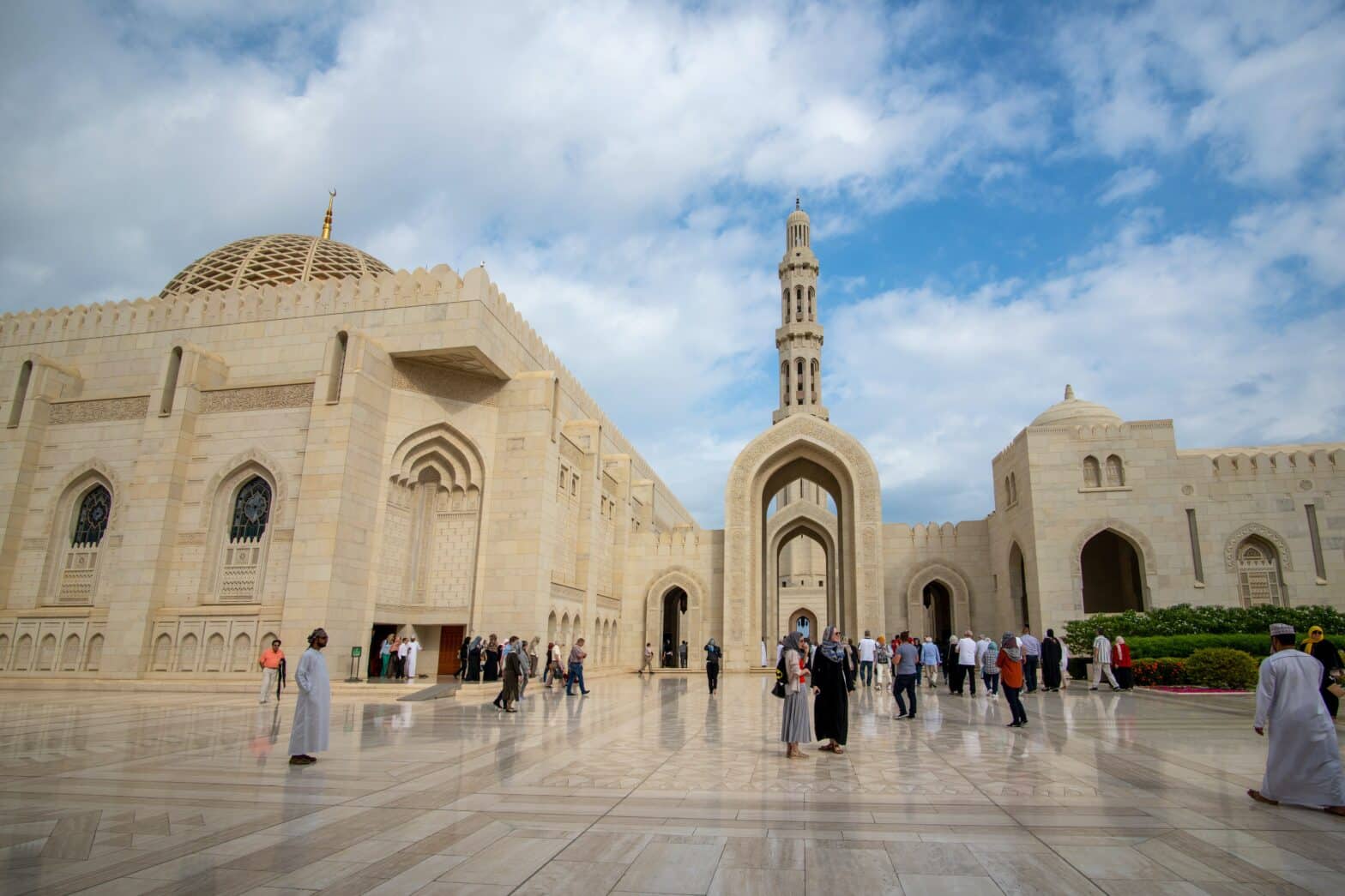Ready to travel along the spice routes to the southern Arabian Peninsula? In Oman, between the golden dunes of Wahiba, the picturesque Hajjar Mountains and the mystical islands of the Arabian Sea, a new beginning awaits you. Forget about the UAE! In recent years, an increasing number of expatriates equipped with visas have relocated to the prosperous sultanate, renowned for its quality of life and tax advantages. And to top it off, Oman’s health system, known as ‘Switzerland in the Gulf,’ has undergone a recent transformation. Discover our guide!

Oman’s Transforming Health System
Since 1970, Oman has made tremendous progress in the field of healthcare. The government has launched several health initiatives aimed at developing medical infrastructure throughout the country in order to ensure access to ‘health for all’.
Fifty years ago, the health situation in Oman was a source of concern for both travellers and expatriates, with only two available hospitals, neither of which were viewed as entirely efficient in handling serious medical issues. Today, however, Oman boasts nearly 70 hospitals with approximately 15.5 beds per 10,000 inhabitants, along with nearly 900 clinics and health centres equipped with modern medical facilities. These facilities are distributed evenly throughout the country and offer high-quality care. As a result, when illness occurs, repatriation is no longer a fear or a necessity.
The sultanate is home to a vast network of hospitals, health centres and specialised clinics offering primary, secondary, and tertiary healthcare services. Among the most prestigious (and expensive) public institutions are the Royal Hospital of Oman and Sultan Qaboos University Hospital.
In half a century, Oman’s healthcare system has undergone a re-birth, as the government has built a solid healthcare system on a national scale, subsidising services and relying on the private sector to cover many needs.
The Private Health Sector is Booming
With a growing population alongside rising health costs, the emergence of new health needs, and the overcrowding of the public health system, the Omani government has addressed the need by strengthening the role of the private sector in the development of the health industry and medical services. As part of the government’s strategy to create an equitable, efficient and responsive health care system by 2050, the private sector has rapidly grown to support public health services.
To improve the quality of services, despite the cost, extend the range of medical services and increase access to healthcare for the population, numerous projects have been launched to build hyper-performing medical infrastructure equipped with the latest technology. These include the Sultan Qaboos Medical City and the International Medical City.
State-of-the-art Medical Infrastructure
The Ministry of Health has partnered with the private sector to promote the development of modern technological solutions in medical institutions, including equipment and protocols, as well as the rationalisation and digitalisation of medical records in most public hospitals. Some leading private healthcare institutions in Oman include the Muscat Private Hospital and Burjeel Hospital.
Access to Healthcare in the Sultanate of Oman
Towards Universal Health Insurance…
In Oman, public healthcare is free for all Omani citizens and nationals of other Gulf Cooperation Council (GCC) countries, but not for expatriates, except for those working in the public sector, including the Omani government. However, expatriates can pay to access these public health facilities in case of an emergency or if the health services they need are not available in the private sector.
Oman’s Ministry of Health has published a list of fees that can be charged in public healthcare facilities.
To improve access, coverage, and the quality of health services, the Omani government decided to work with the private sector as well as to implement a compulsory health insurance scheme, including for expatriates.
« Dhamani », The Unified Health Insurance Policy or compulsory health insurance
The Unified Health Insurance Policy or compulsory health insurance, known as “Dhamani”, came into force in January 2023. It was established by the Omani Capital Market (OCM) to regulate the relationship between insurance market stakeholders, improve the quality of services provided by insurance companies, and supervise their activities.
This compulsory private health insurance scheme is separate from the public health insurance scheme. It provides basic health coverage, including doctors’ fees, medical treatments, ambulance services, and hospitalisation, for individuals working in the private sector and their dependents, with a maximum annual limit of OMR 4,500.
Under the new unified health insurance contract, private sector employers are obligated to provide basic health coverage to their employees. This is similar to the practice in other countries such as Canada. Foreigners, however, are strongly recommended to subscribe to an international health insurance policy specifically designed for expatriates. Health costs can escalate rapidly, particularly in private healthcare institutions, and so you have to be well insured. International health coverage ensures reimbursement within a short period of time, in accordance with insurance contracts. This practice is highly appreciated in the case of lengthy hospitalisation.
Foyer Global Health: One-stop healthcare
If you are looking for international health insurance for your relocation to Oman, contact us! Our team of experts can help you to find the best health insurance plan to meet your specific health needs.
